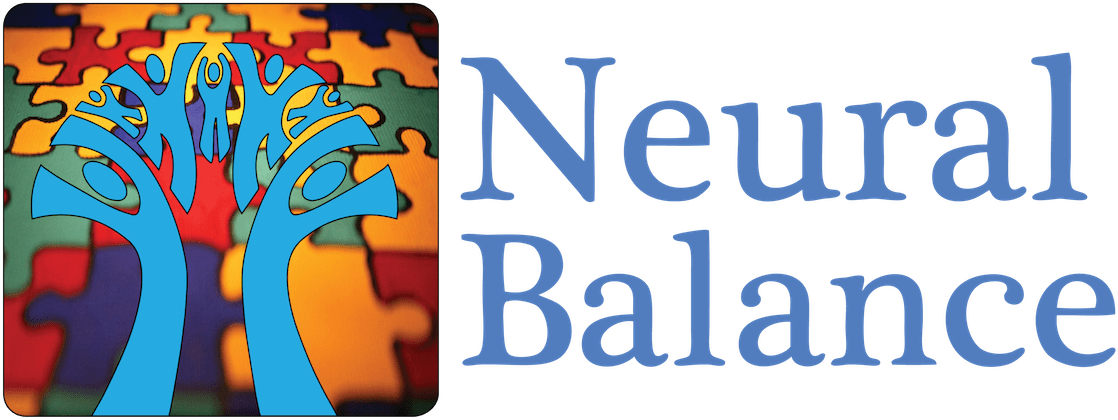
While many adults understand that anxiety and stress are part of life, anxiety can also strike children. Children are also affected by the chaos, uncertainty, and stress of their world, which can lead to anxiety if left unchecked. Even in a loving and supportive household, children can develop anxiety as they continue to grow emotionally. As a parent, you strive to keep your child well both physically and mentally, which is why recognizing the signs of anxiety in kids is essential to ensuring their wellbeing.
If you suspect your child is exhibiting signs of anxiety, you are not alone. An estimated 24% of American children suffer from some type of psychological disorder at some point in their development. The good news is that recognizing signs of anxiety early will increase your opportunities for helping your child.
Anxiety Versus Worry
A crucial first step is determining if your child is experiencing anxiety or simply an appropriate amount of worry for their age and circumstances. Proportion is a vital marker in determining anxiety or fear in children. A child with an anxiety disorder may be overwhelmed by intense worry and fear that does not match the situation. This reactionshould be deemed proportionate or disproportionate to the stressor affecting your child.
Remember that children face a myriad of fears and stressful situations that can quickly elevate their emotions. Still, if this reaction impacts their ability to concentrate or enjoy their life, it is more than an ordinary worry. Keep in mind that all children deal with fear and stress differently, look for patterns in behavior to use as a baseline for your child’s emotional health to help you detect anxiety.
Anxiety Presents Both Physical And Emotional Symptoms
Anxiety produces both physical and emotional symptoms. your child may require constant reassurance about fear or repeatedly ask questions that exhibit an emotional symptom of anxiety. A physical symptom of anxiety may include difficulty sleeping or concentrating in school or even signs of regression such as bed wetting.
Intensity, Frequency, And Severitybedwetting Of Symptoms
If your child is exhibiting physical and or emotional signs of anxiety, paying attention to the intensity, frequency, and severity of these symptoms is crucial. If the fear doesn’t subside in an appropriate amount of time, it could have elevated into anxiety. Keep in mind that different types of anxiety disorders such as separation anxiety or phobias create different patterns of symptoms.
What You Can Do To Help Your Child Manage Anxiety
Seeking your physician’s advice or a pediatric psychologist is recommended if you feel your child suffers from anxiety. With proper nutrition, exercise, and a treatment plan, your child will be able to flourish free from the worries and stress of anxiety.
